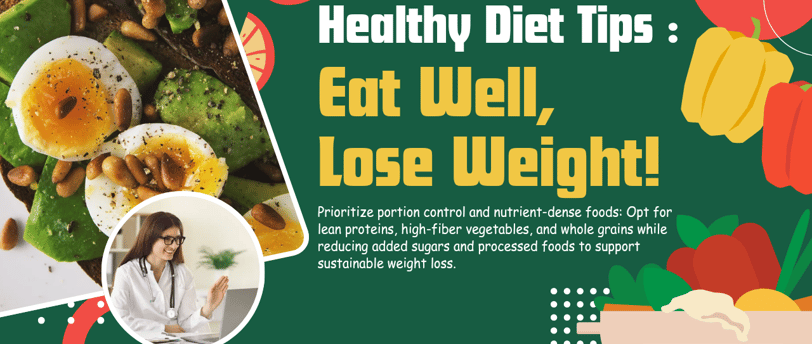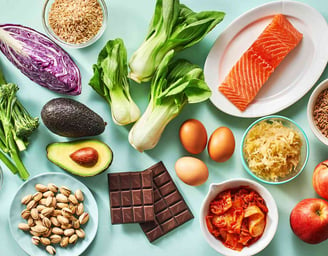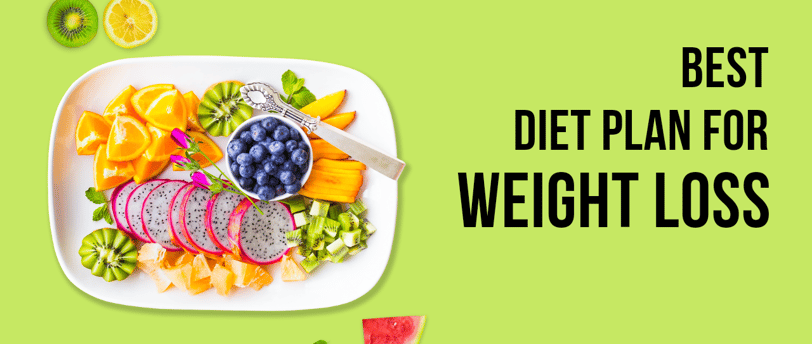A Sustainable Path to Eating Well and Losing Weight
In today’s health-conscious world, finding a sustainable, healthy diet to aid in weight loss can be challenging amidst conflicting advice. However, research-backed strategies offer guidance to help you achieve your goals without compromising your health.
HEALTH & BEAUTY
12/11/20242 min read


Expert Insights on Healthy Weight Loss
1. Caloric Balance and Fiber Focus
Dr. Gilad Shapira emphasizes the importance of consuming fewer calories than you expend. Incorporating high-fiber foods like whole grains, fruits, and vegetables into your diet not only aids digestion but also promotes satiety, making it easier to avoid overeating. For instance, adding green kiwis to your daily routine can provide multiple health benefits, including cholesterol regulation and anti-inflammatory effects.
2. Mindful and Intuitive Eating
Nutritionists recommend mindful eating—paying close attention to hunger cues and savoring each bite. This approach helps prevent emotional eating and promotes a healthier relationship with food. Intuitive eating, which prioritizes understanding your body’s needs, also fosters long-term success without extreme restrictions.
3. Avoiding Ultra-Processed Foods
Recent studies link ultra-processed foods to weight gain and metabolic disturbances. Instead, prioritize fresh, nutrient-dense options such as lean proteins, legumes, and leafy greens for balanced meals.
Structuring Your Day for Diet Success


Morning: Start with a protein-rich breakfast, such as eggs or Greek yogurt with fresh fruit, to stabilize blood sugar levels and reduce mid-morning cravings.
Midday: Opt for a balanced lunch of lean proteins, whole grains, and a variety of colorful vegetables to sustain energy.
Evening: Light dinners focusing on grilled proteins, steamed vegetables, and small portions of healthy fats are ideal for better digestion and sleep.
Snacks: Incorporate nourishing options like nuts, seeds, or a piece of fruit to curb hunger between meals.


Building Sustainable Habits
Meal Planning: Preparing meals in advance saves time and ensures access to healthy options even during busy days. Simple strategies like batch cooking and keeping quick ingredients on hand (e.g., frozen vegetables and whole-grain wraps) can make healthy eating more achievable.
Short-Term Goals for Long-Term Success: Establish small, realistic goals such as reducing sugary drinks or walking 10 minutes daily. These milestones can accumulate to create significant long-term progress.
Quality Sleep: Lack of sleep can disrupt hormones that regulate appetite, increasing cravings. Prioritizing quality rest supports both weight loss and overall health.


Final Thoughts
A sustainable weight-loss plan prioritizes balance, personalization, and long-term health. Avoid falling for fads and quick fixes; instead, focus on meaningful lifestyle changes. Combining a nutrient-rich diet with regular physical activity and mindfulness practices can lead to lasting results.
If you’re unsure where to start, consider consulting a registered dietitian or healthcare professional to craft a plan tailored to your unique needs. Your journey to a healthier self is not about perfection—it's about consistency and progress.
